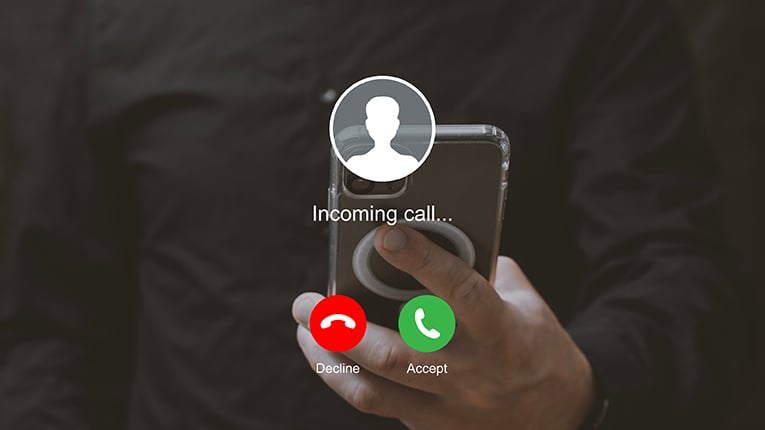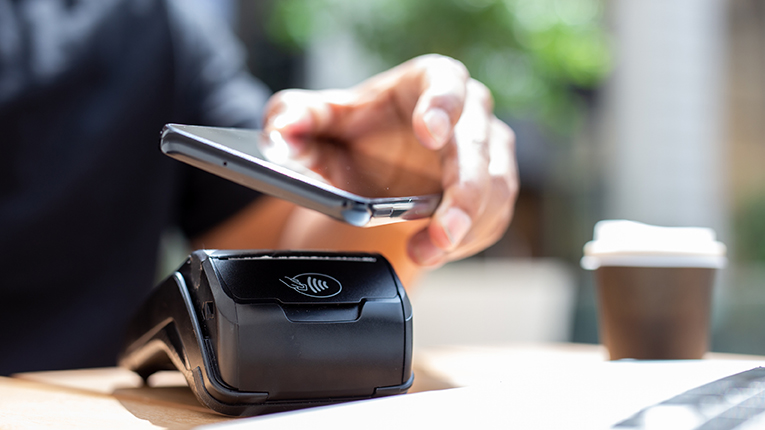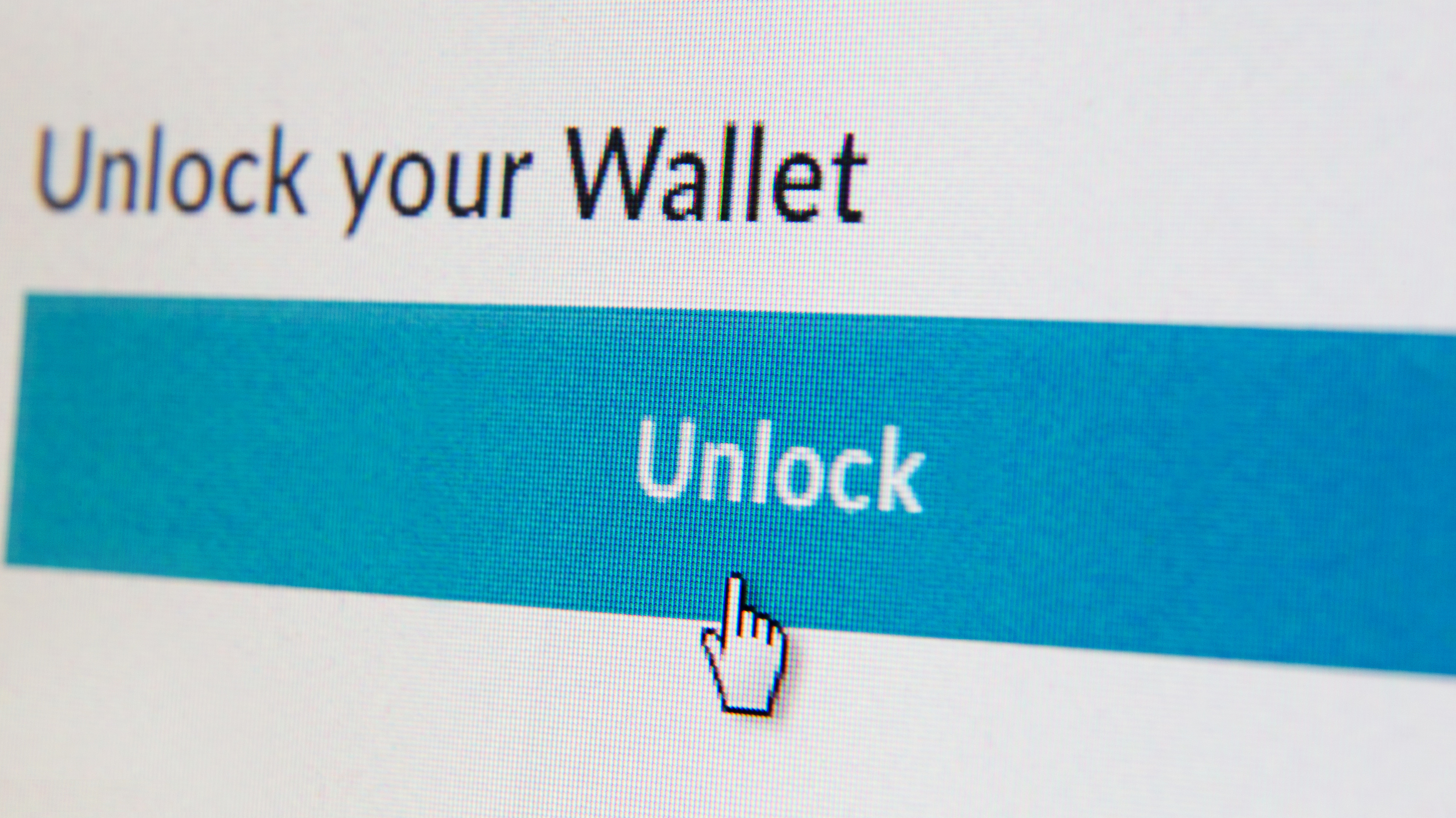In an increasingly digital world, securing your financial information is more critical than ever. Cybercriminals are constantly devising new ways to trick individuals into revealing sensitive information. This blog will help you spot fake calls and provide tips on what to do if you’re contacted by someone claiming to be from your financial institution.
Basic Security Tips and Measures Everyone Should Follow
By following basic security tips when handling suspicious communications, you can better protect yourself from fraud.
Keep Your Information Safe
- Strong Passwords: Use complex passwords that combine letters, numbers, and special characters. Avoid using easily guessed information like birthdays or common words.
- Two-Factor Authentication (2FA): Enable 2FA wherever possible to add an extra layer of security to your accounts.
- Security Devices: Ensure your devices are protected with antivirus software and firewalls. Keep your operating system and software up to date to protect against vulnerabilities.
Be Cautious with Personal Information
- Limit Sharing: Only share personal information when absolutely necessary and only with trusted sources.
- Shred Documents: Shred any documents that contain personal or financial information before discarding them.
Monitor Accounts
- Regular Checks: Regularly review your financial statements and transaction history for any unauthorized activity.
- Set Alerts: Use account alerts to notify you of low balances or transactions above a certain threshold.

Do's and Don'ts: Handling Suspicious Communications
By understanding the dos and don’ts of how to handle suspicious communications, you can avoid getting tricked into giving out your valuable information.
Do's
- Verify the Source: If you receive a call, email, or text from someone claiming to be from your financial institution, verify their identity. Use the contact information from your financial institution’s official website or your account statement. Do not give out any information or click on any links.
- Report Suspicious Activity: If you suspect a fraudulent communication, report it to your financial institution immediately. For instances involving a Peach State FCU account, contact us at 855.889.4328 or visit a branch location near you.
- Keep Records: Document the details of any suspicious communication, including the caller’s name, phone number, and the nature of the request.
Don'ts
- Don't Share Sensitive Information: Never share account numbers, online or mobile banking information, two factor authentication codes, credit or debit card numbers, PIN, passwords, Social Security numbers, or other sensitive information over the phone, email, or text unless you are certain of the identity of the person who you’re dealing with.
- Don't Click on Unknown Links: Avoid clicking on links or downloading attachments from unsolicited emails or texts as they may contain malware that harm your device or steal your information.
- Don’t Allow Remote Access: Never allow someone to remotely access your computer unless you’re certain of their identity and intent.

Spotting Real Calls from Fake Ones
Staying vigilant and informed is your best defense against financial fraud. By familiarizing yourself with these red flags and knowing how to verify a real call from a fake one, you can protect your financial information and maintain peace of mind. And always remember, when in doubt, contact us.
Red Flags of a Scam Call
- Urgency and Threats: Scammers often create a sense of urgency or use threats to pressure you into providing your account number, online banking information, two factor authentication codes, credit or debit card numbers, PIN, passwords, Social Security numbers and other sensitive, personal information.
- Request for Personal Information: Be wary of unsolicited requests for sensitive information. Do not give out any identifiable, personal or account information without verifying the source first.
- Suspicious Caller ID: Scammers can spoof caller IDs to make it appear as though the call is coming from a legitimate source. You should NEVER click on any unsolicited links in a text message.

How to Verify if a Call is Legit
- Call Back: Hang up and call the official number of your financial institution found on their website or your account statements to verify the caller’s legitimacy.
- Ask Questions: Ask for the caller’s full name, department, and a callback number. Real representatives from your financial institution will understand your caution.
- Get Help: If you’re unsure how to verify if the communication is real, end the call, do not respond to emails or texts, and ask a trusted loved one or your local financial institution for help.
What to Do if You're Contacted by Someone Claiming to be from Peach State
Peach State will never request sensitive information like your password, PIN, online banking credentials, two factor authentication codes, full credit/debit card numbers, or full Social Security number via unsolicited phone calls, emails, or texts.
Please remember, neither Peach State nor any of our third-party vendors (i.e., Visa) will ever call, text, or email you asking you to disclose account or other personal information.
If You Receive a Suspicious Call, Email, or Text:
- Do Not Provide Information: Do not provide any personal or financial information.
- End the Communication Immediately: Politely end the call or ignore the email/text. DO NOT click on any unsolicited links in emails or text messages.
- Verify: Contact us using verified contact information to confirm if the communication was legitimate.
- Report: Immediately report the suspicious activity to us and relevant authorities, such as your local police department and the Federal Trade Commission (FTC).
If you believe you were contacted by someone pretending to be from Peach State FCU or another legitimate agency, don’t respond and contact us immediately at 855.889.4328, stop by your local branch, or email us at psfcu@peachstatefcu.org.




